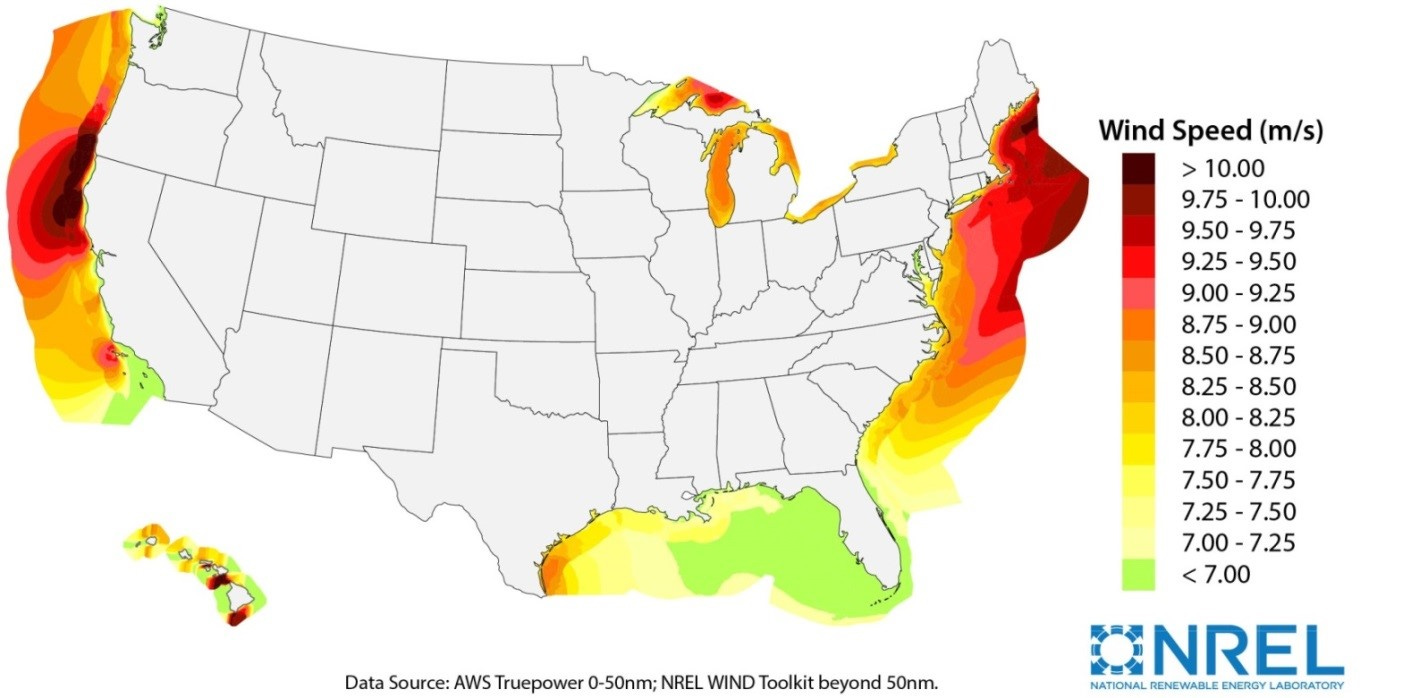Oh, the irony: Environmentalists wage war over U.S. offshore wind farms
Concerns about dead whales overshadow renewable benefits, lead to rival press conferences
This column is for Callaway Climate Insights subscribers only, but it’s OK to share once in a while. Was it shared with you? Please subscribe.
One of the reasons the U.S. is so behind Europe and Asia in offshore wind projects — only two small ones so far are operating off the American coast as opposed to dozens in the North Sea — is the somewhat ironic opposition of environmentalists.
As we reported early last year, protests by conservationists worried about sea creatures and coastal residents worried about their views have hindered smooth passage of permits. And then we wrote last spring about how a solar panel mogul, Thomas Melone, complained that the turbines would ruin his enjoyment of observing the migratory birds flying near his fancy Martha’s Vineyard vacation home as well as his observation of North Atlantic Right Whales in nearby Nantucket Sound.
And talking of whales, Clean Ocean Action, a New Jersey environmental group, held a news conference last week with several community groups opposed to offshore wind, calling on President Joe Biden to investigate the deaths of seven whales along the coasts of the Garden State and New York in little over a month. They — and several local, state and federal legislators, the AP reports — also called for a temporary halt to offshore wind preparation work while the whale deaths are investigated.
That then produced a counter-news event on Tuesday in which other environmental groups, as well as fishing advocates, said there is “no evidence” that site preparation work for offshore wind farms in the waters off the two states is responsible for the spate of whale fatalities.
“There is no evidence that any of the recent strandings so far have been tied to offshore wind,” said Allison McLeod, policy director for the New Jersey League of Conservation Voters. “The number one threat to the marine environment is climate change. Offshore wind is one of the most important tools we have to protect the entirety of our marine ecosystem.”
Meanwhile, scientists from the Marine Mammal Stranding Center in Brigantine, N.J., where the most recent dead whale washed ashore last week, said Sunday that preliminary results of an autopsy indicate the 32-foot-long female humpback whale was hit by a ship. That was also the suspected cause of death for another humpback that washed ashore in neighboring Atlantic City a week earlier.
Unlike ships, of course, wind turbines are, except for their high-in-the-sky blades, non-moving objects.
(A native of England, veteran journalist Matthew Diebel has worked at NBC News, Time, USA Today and News Corp., among other organizations. Having spent much of his childhood next to one of the world's fastest bodies of water, he is particularly interested in tidal energy.)

